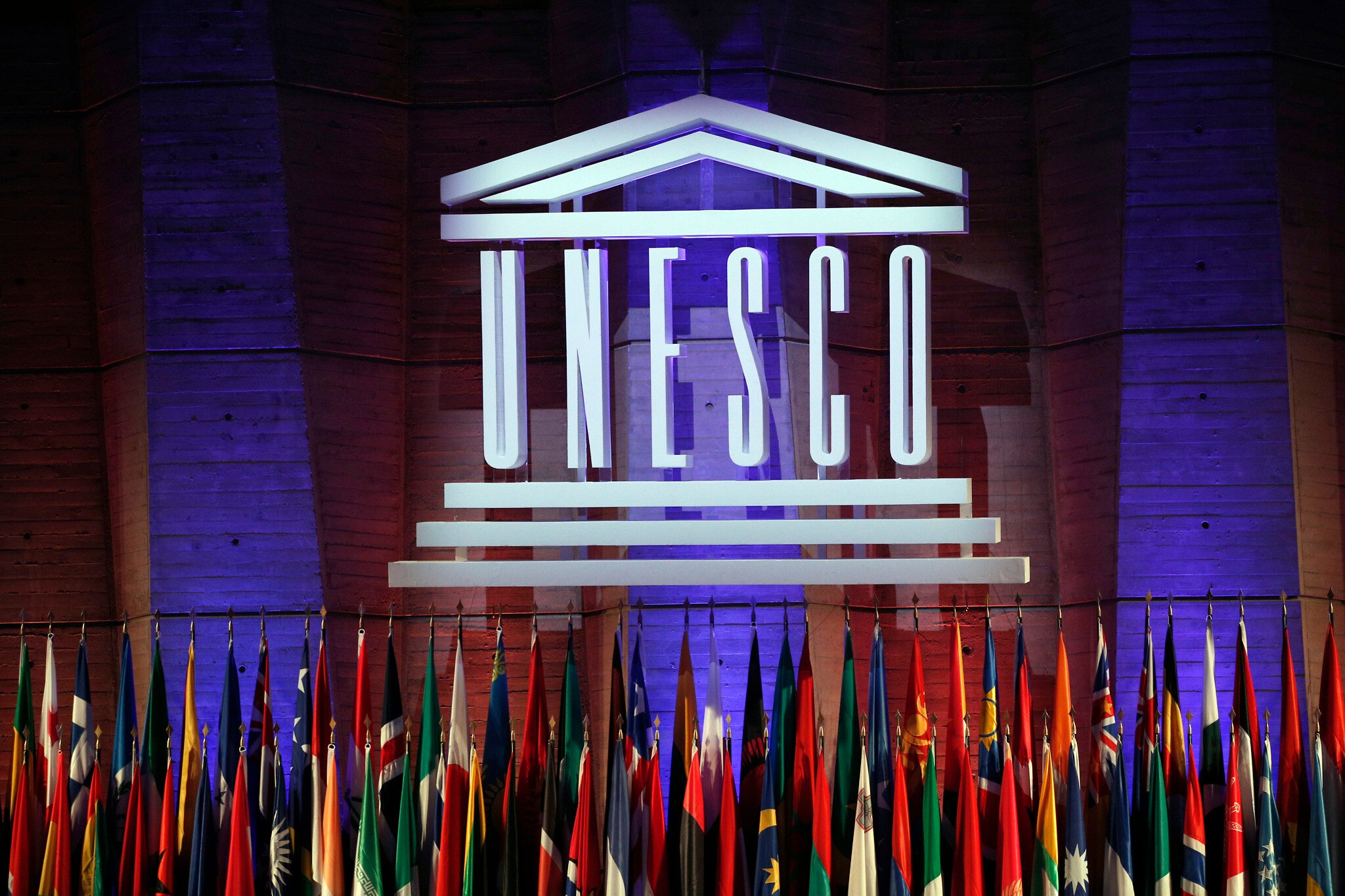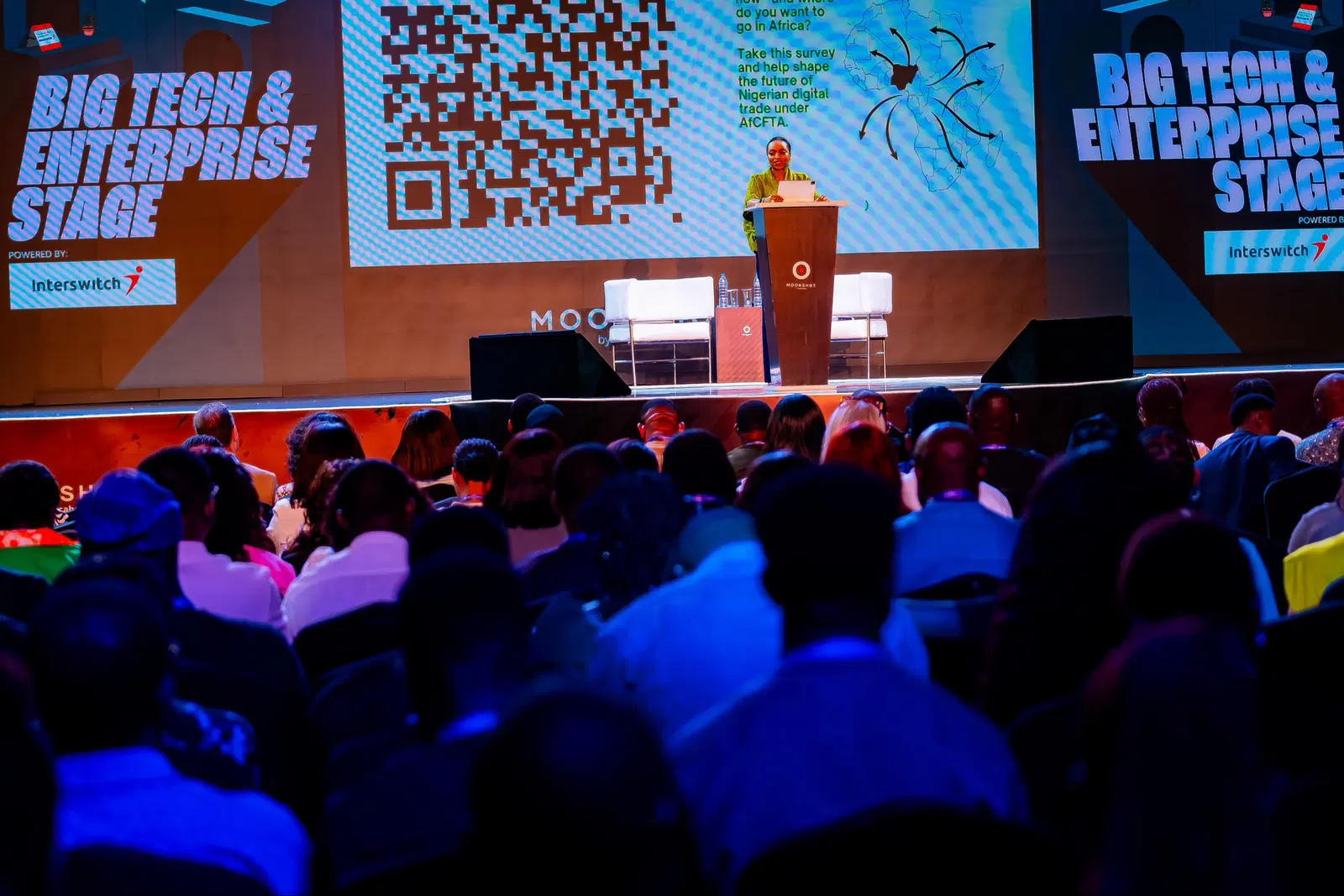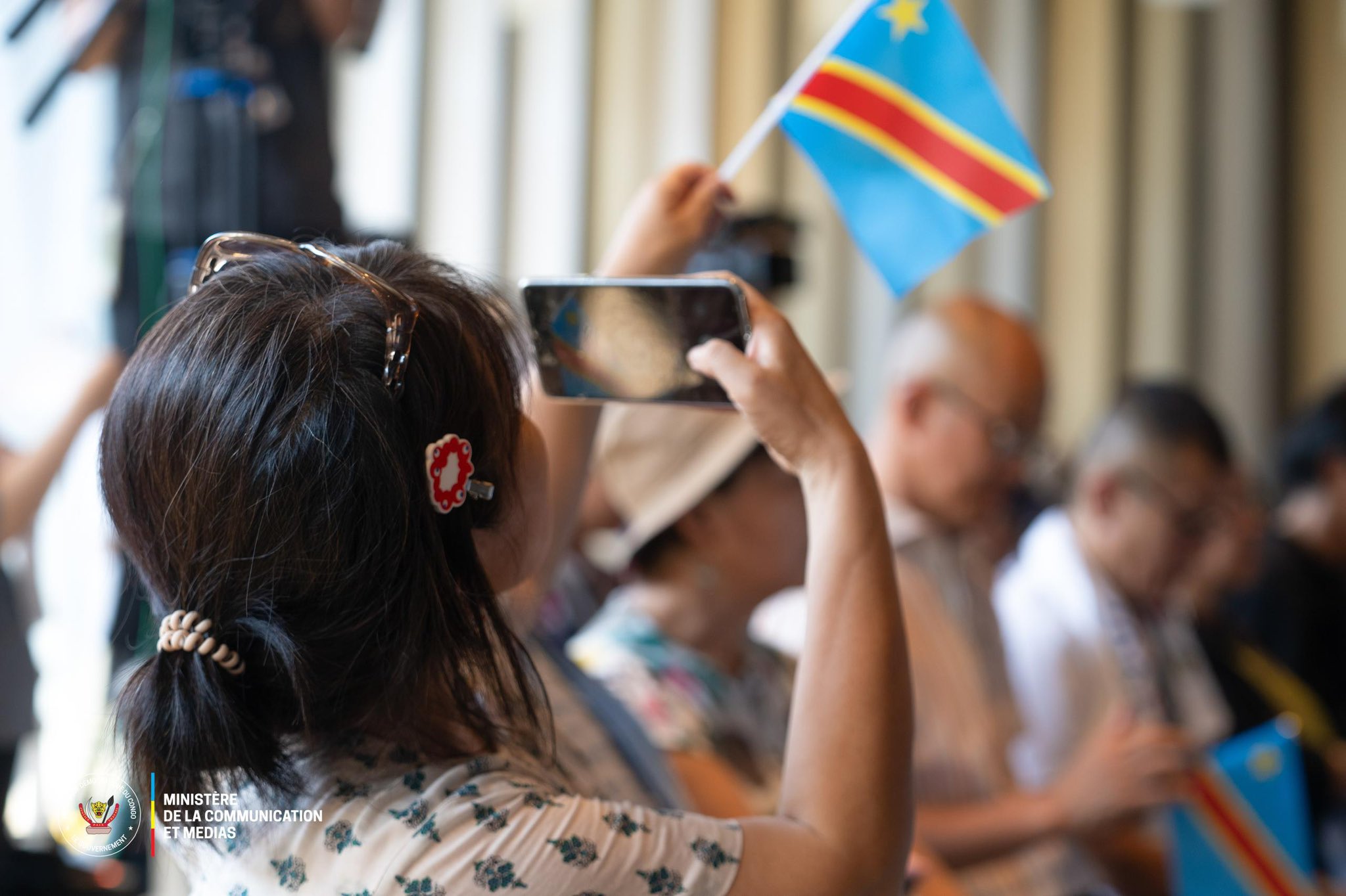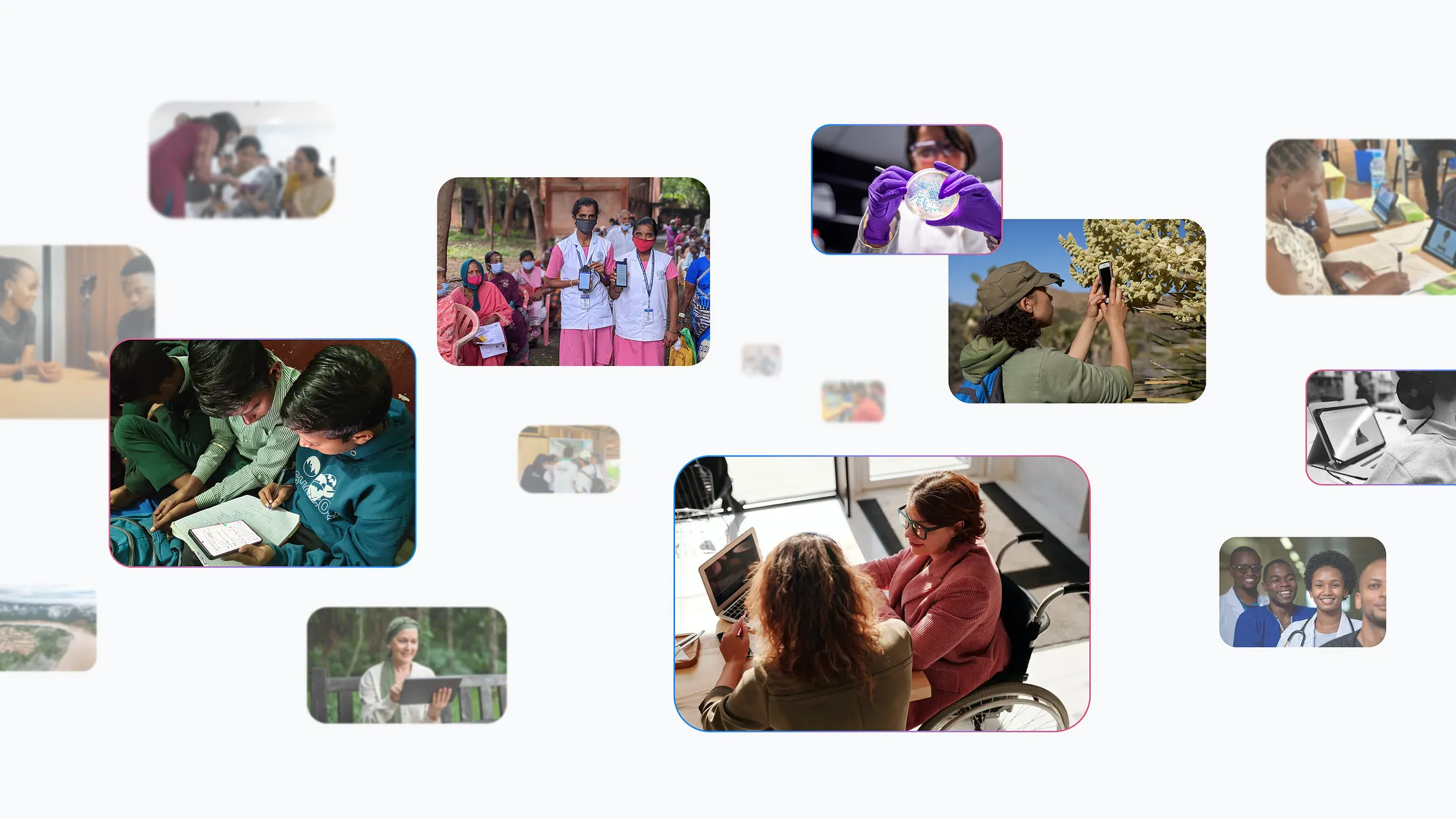In a bold move to bridge the global digital divide, the United Nations Educational, Scientific and Cultural Organization (UNESCO) has unveiled a sweeping initiative aimed at accelerating artificial intelligence (AI) development across Africa. The announcement was made during the G20 Digital Economy Ministers’ Meeting, where Africa’s digital transformation took center stage.
Empowering Public Institutions and Youth
The initiative, part of UNESCO’s broader digital transformation agenda, will focus on building institutional capacity and fostering inclusive AI ecosystems across the continent. Key components include:
Training 15,000 civil servants and 5,000 judicial personnel in AI literacy and digital governance.
Launch of the SPAARK-AI Alliance, a coalition of 45 African nations committed to scaling AI training in the public sector.
Expansion of the Youth Coding Initiative, targeting 2,000 students and teachers and 30 education policymakers from 15 countries.
“This is not just about technology—it’s about people,” said Gabriela Ramos, UNESCO’s Assistant Director-General for Social and Human Sciences. “We are ensuring that Africa is not left behind in the AI revolution.”
Ethics and Inclusion at the Core
UNESCO emphasized that the initiative is grounded in its Recommendation on the Ethics of Artificial Intelligence, adopted by all 193 member states. The program will promote human rights-based, transparent, and inclusive AI systems, particularly in sectors like education, health, and justice.
The organization also plans to support the development of national AI strategies and regulatory frameworks, ensuring that African countries can shape their own digital futures.
A Timely Response to a Growing Need
Africa’s AI sector, while still emerging, is gaining momentum. With AI investment on the continent projected to grow from $4.5 billion to over $16 billion by 2030, UNESCO’s initiative arrives at a pivotal moment.
Experts say the program could help unlock Africa’s vast potential in AI innovation, especially in countries like Nigeria, Kenya, Egypt, and South Africa—already recognized as regional tech hubs.
Looking Ahead
The initiative will be rolled out in phases, with pilot programs already underway in Rwanda, Ghana, and Tunisia. UNESCO is also collaborating with local universities, tech startups, and civil society organizations to ensure grassroots engagement.
As the world races toward an AI-driven future, UNESCO’s initiative signals a powerful commitment to equity, empowerment, and ethical innovation—ensuring that Africa is not just a participant, but a leader in the global AI landscape.




